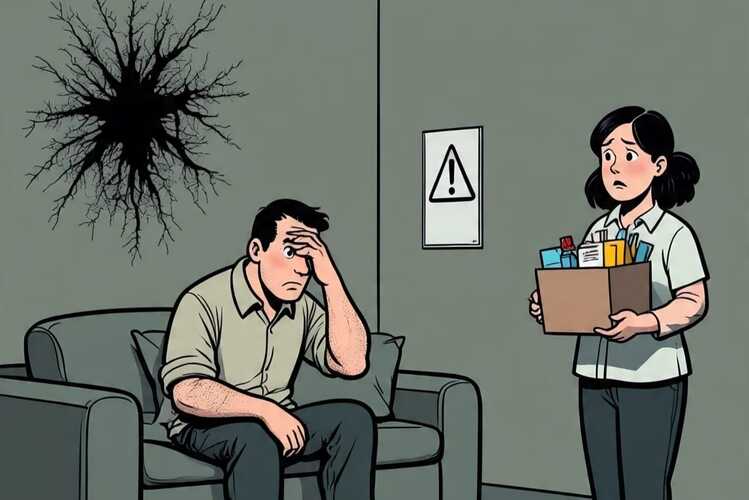- Debate on the Right to Die Takes Centre Stage
Article Today, England: The age-old human instinct is to protect life until the last breath. However, the world is changing. Across some countries, the right to die is now being considered a legal choice. The idea that people should be allowed to choose death under certain conditions is stirring intense debate.
England Moves Towards Legalising Assisted Dying
A significant step has been taken in England and Wales, where a bill supporting assisted dying for terminally ill adults has advanced in the legislative process. The bill, titled ‘Terminally Ill Adults (End of Life)’, has cleared a crucial stage in the House of Commons. The bill passed with a narrow margin of 314 votes in favour and 291 against. It had earlier received in-principle approval in November last year.
House of Lords to Decide Next
The bill will now move to the House of Lords. If the Lords suggest changes, the House of Commons must review and approve them again. There is still a chance that the bill may face obstacles in the upper house or could lapse if the current Parliamentary session ends before its full passage. If it becomes law, the bill could take nearly four years to be fully implemented. This means that by 2029, terminally ill patients in England may legally opt for assisted dying under regulated conditions.
Global Practices on Assisted Dying
Several Countries Have Legalised Assisted dying is already legal in several countries, but each has strict rules and clear conditions. The Netherlands and Belgium became the first countries to legalise assisted dying in 2002. Canada introduced such laws in 2016, followed by some states in Australia in 2019. Spain legalised it in 2021.
Switzerland’s Unique Position
Switzerland permits assisted suicide under the law but prohibits active euthanasia, where a doctor directly administers life-ending medication. The Swiss model allows people to end their own life under medical guidance without legal penalties.
India Allows Only Passive Euthanasia
Supreme Court Permitted Life Support Withdrawal in India, both assisted dying and active euthanasia remain illegal. However, in a landmark 2018 ruling, the Supreme Court allowed passive euthanasia under strict conditions. This means life support systems can be legally removed based on a ‘living will’ made by the patient while conscious and capable of making decisions.



